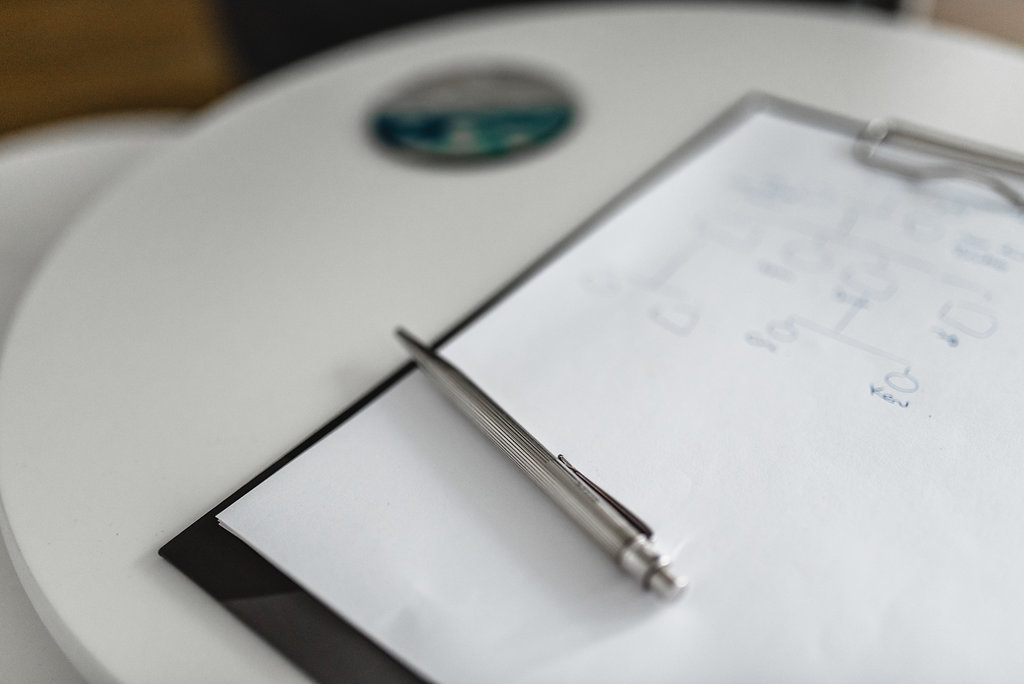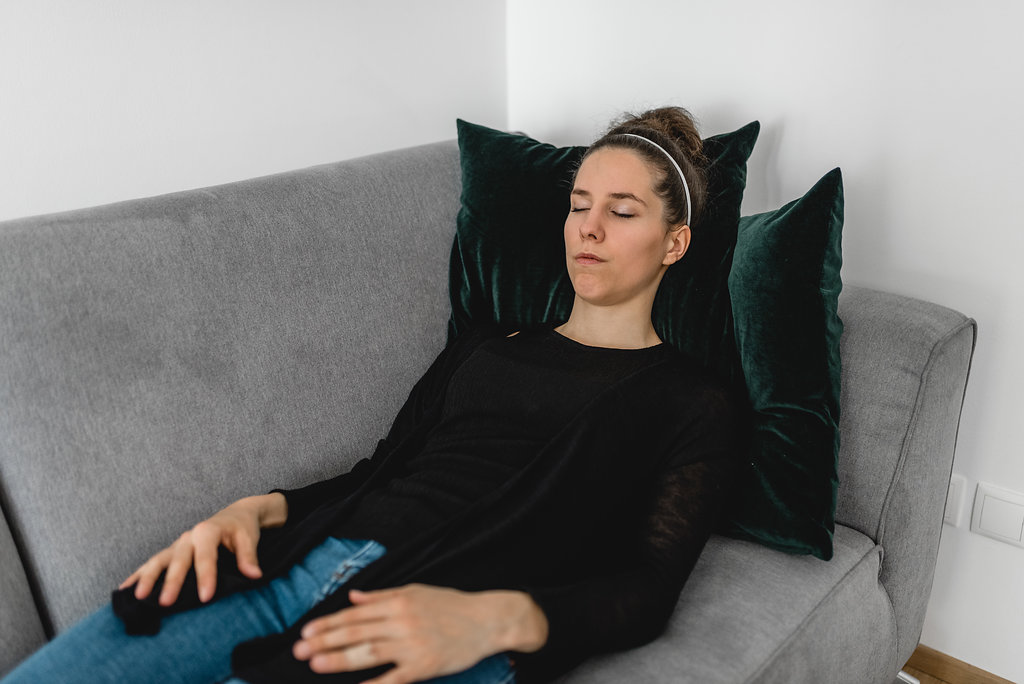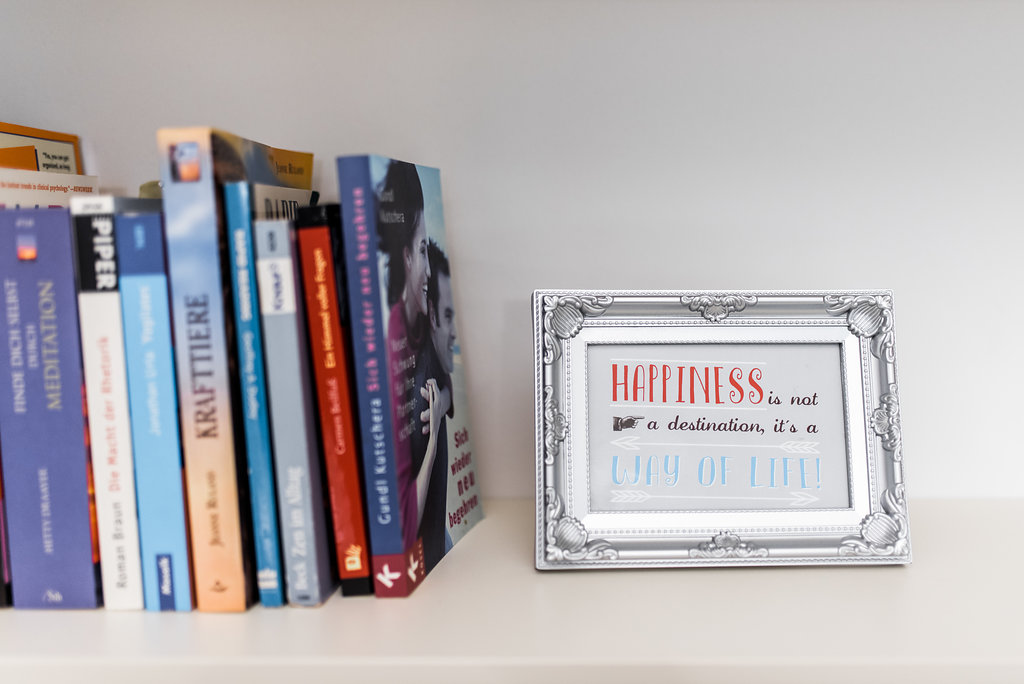What you can expect to happen in counselling and psychotherapy
The initial consultation

The initial consultation lasts 75-90 minutes as a rule and is charged at my standard rate. More information about my fees, terms and conditions can be found here.
I use the initial consultation to get to know you, your motivation for seeking out my services and any sources of difficulties which you are experiencing. The initial consultation is also there for you to get to know me as a professional person and to become acquainted with my style of working. It is clearly essential that we both believe that I can help you and that the atmosphere is one within which you feel safe and able to open up in.
The initial consultation is conducted as a structured conversation and usually touches on the topics listed below. Having said that I do not stick rigidly to this structure and allow for individual needs, particularly the need to have enough space to expand on specific concerns or wishes.
Topics for the initial consultation
Getting to know you
It is important for me to know you as a person, what sort of background you come from, how you form relationships with significant others and what interests you and generally makes you up as a unique individual. Who we are affects how we see are problems and it also presents unique opportunities for addressing life’s challenges. As every person is unique, every person has a uniques set of experience, knowledge, talents and skills.
Defining the problem in concrete terms
Exploring your motivation for change
An initial formulation of your goals
Often goals are formulated as a wish to get rid of something. Anxiety, anger, conflict etc. should be disposed of. This is understandable and at the same time it is important to know what should take their place and what freed up energy should be channelled into. A positively formulated goal that is attainable and measurable is also essential for measuring the success of counselling, coaching and psychotherapy processes.
Understanding your expectations
Exploration of resources, strengths and talents

The end of the initial consultation
Follow-up Sessions and the Psychotherapy/Counselling Process
- Evaluation of changes and progress.
- Evaluation of therapy/counselling goals. These quite often change over time and it is important to adjust them accordingly. At the beginning of every session I will also discuss with you what you would like to use the session for and what would like to leave with at the end of it.
- Exploration of the next steps to be taken in order to reach the desired change.
- Identification of strengths, resources, talents, current difficulties and obstacles which can help or hinder change.
- Developing and practising new skills.

To support our work with these structural elements I see techniques from systemic therapy, emotionally focused therapy and hypnotherapy/hypnosis. For example:
- Conversational and questioning techniques
- Visualisation and imaginative techniques
- Sculptures. Here small wooden figures are used on a wooden board called a “system board” to depict family and work situations
- Hypnosis, trance and relaxation techniques
- Educative explanations and models
- Role play and rehearsal techniques
The end of the psychotherapy or counselling Process

Get in touch
Kevin J. Hall, MSc
Psychotherapist (systemic family therapy), cert. emotionally focused therapist (ICEEFT), ACC/IOBC Senior Coach, Hypnotherapist (ISH)
Kontakt Details
+43 1 9900858
kevin.hall@wish.wien
Address
WISH Mindscience, Straßgschwandtnerstraße 4/1, 1140 Vienna, Austria
